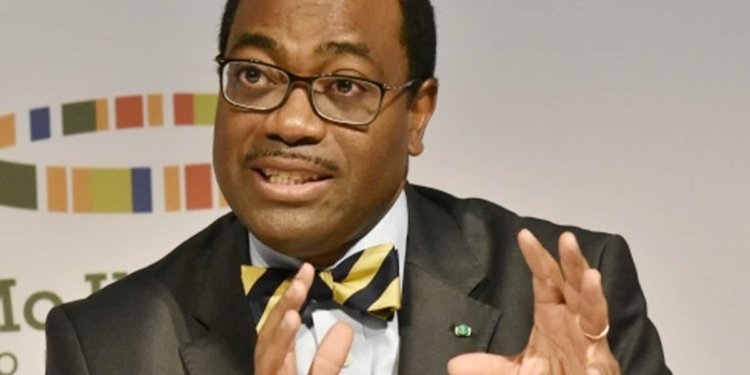President of the African Development Bank (AfDB), Akinwumi Adesina has stated that restructuring Nigeria should be focused on ensuring economic viability of states.
This was stated on Wednesday by Adesina while delivering a lecture titled ‘Nigeria — A Country of Many Nations: A Quest for National Integration’, at an event to celebrate the 80th birthday of Enoch Adeboye, general overseer of the Redeemed Christian Church of God (RCCG).
Adeboye will clock 80 on March 2.
According to Adesina, restructuring shouldn’t be done on the basis of sentiments or political inclinations.
“As a way out of the economic quagmire, much has been said about the need for restructuring. I know the discussions are often emotive. Restructuring should not be driven by political expediency, but by economic and financial viability — the necessary and sufficient conditions for political viability,” he said.
“Surgeries are tough. They are better done well, the first time.
“The resources found in each state or state groupings should belong to them. The constituent entities should pay federal taxes or royalties for those resources. The achievement of economically viable entities and the viability of the national entity requires constitutional changes to devolve more economic and fiscal powers to the states or regions.
“The stronger the states, or regions, the stronger the federated units. In the process, our union would be renewed. Our union would be stronger. Our union would be equitable. Our union would be fully participatory. We must be audacious!
“We must change the relational mindset between the states and Abuja: the fulcrum would be the states, while the centre would provide support to them, not lord over them. With good governance, better accountability systems, and a zero tolerance for corruption, more economically stronger constituent states would emerge!
“We would unleash massive wealth across the states. It would be a commonwealth. Wealth for all, not wealth for a few. A New Nigeria would arise! We will need all of us — not some of us.”
He also spoke on the need to review the National Youth Service Corps (NYSC) scheme to ensure more inclusiveness.
“The National Youth Service Corps (NYSC) was a very good idea. It allowed graduates from tertiary institutions to have one year of national service, largely (ideally) outside of their places of origin,” he said.
“The real test, however, of ‘national service’ is that it often revealed the lack of inclusiveness. After one year of service, the NYSC graduates are often not able to gain employment in governments where they served, simply because they are not indigenes of those states. That in itself, is an irony!
“The young graduates are often strangers in their own country. A country they pledged to serve. Opportunity is denied just because they were not born in those states! Even if they were born in those states, they are told to return to the states of their origin.
“In almost all of Nigeria, regardless of how long you have resided in any place, you cannot run for political offices in those states or locations, just because you were not born there. State governments, therefore, largely reflect nativism, not residency, which further sends a message to non-indigenes that they do not belong.
“Over time, this has created greater insularism, splintering, a lack of inclusiveness, the promotion of ethnic and religious chauvinism, instead of promoting national cohesion, trust and inclusiveness.”










Discussion about this post